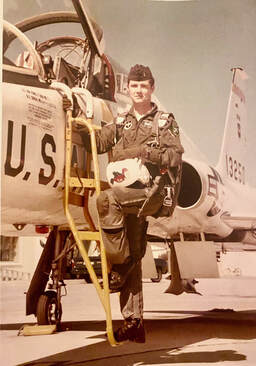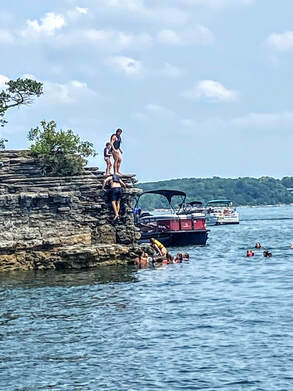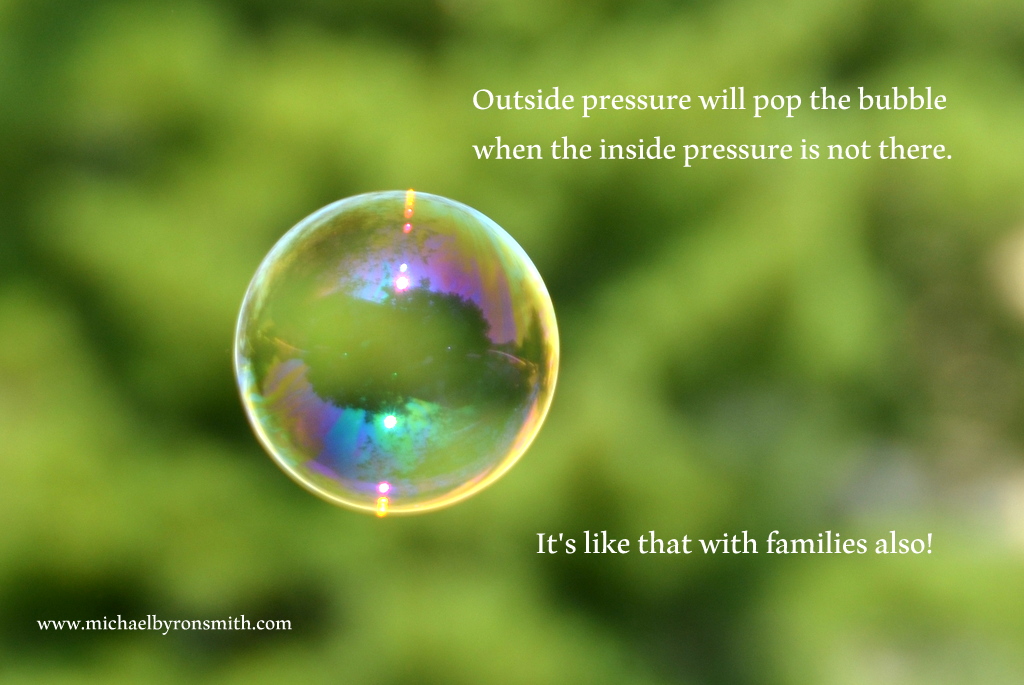 Author during USAF Pilot Training
Author during USAF Pilot Training Those of you who have followed this blog, “Helping Fathers to be Dads”, know about my book on fatherhood entitled, “The Power of Dadhood”. The book was written from the standpoint of a father whose own father was not there for him, nor for his siblings. I am now writing a memoir of my childhood describing the unnecessary struggles we battled to succeed. What helped me to overcome the lack of help from, and even the obstruction of, my father, was my strong desire to be a pilot, which gave me purpose.
Currently, I am in an editing phase of my memoir, which I find quite difficult. I have added, deleted and flipped paragraphs, even chapters. I have written and rewritten sentences over and over again. Complete scenes seemed irrelevant on review and therefore dropped as I continued to fine tune my message . During this editing, I continued to write this blog each week.
Following is a deleted story from my draft. I found it was too redundant and excessive. But it is somewhat humorous, so I decided I could use it here as fatherly advice. The intent of the story was to show how failure is often caused by overthinking. When there is only time to react, you may find out you are more capable than you know.
The Excerpt
My slow start during T-37 training had passed, and I was getting into a rhythm. On a T-38 cross country training flight from California back to Texas, my instructor and I were leaving March AFB on a typically low overcast morning. This young captain, my mentor, had visited friends in the area and had a late night of celebration.
We were cruising around 30,000 feet over Phoenix, Arizona, and the ship was mine, meaning I was flying the aircraft. Suddenly, the nose of the T-38 shot straight up vertically! I did not know what was happening as I heard my instructor mumbling to me, “You…. have… the (gurgle)… air…craaaft.” With that, I pushed the control stick forward to stop the climb and descended back to our assigned altitude. When I leveled off, I asked him if he was okay. He replied, “I’m sick… very sick, you’ve got it from here.” I never heard another word from him until landing 800 miles later when he said, “Good job”! I taxied in, my instructor crawled out of the rear cockpit looking like a ghost and mumbled, “I’ll see you tomorrow.”
The airman directed us to our parking location, climbed the ladder to the rear cockpit, and began cursing as if he were in the Navy! My instructor had thrown up all over the cockpit and left it to the ground crew to clean up. Courtesy held that any pilot who lost his lunch would clean up his mess, but my instructor was too sick to do that in his condition. Hopefully, he apologized to the young airman later.
The T-38 Talon had taken a sudden climb upward over the Phoenix area because the instructor hit the trim button on the top of the control stick as he was vomiting his breakfast into his flight glove. The purpose of the trim button is to adjust the pressure felt on the control stick as the flow of air over the control surfaces changes. To keep from losing control, I had to push the stick forward against all the pressure of the trimmed surfaces while ‘re-trimming’ (nose down) to a level flight position. Of course, when you are climbing and then push forward, you will become weightless. I can only imagine what this did to my flight instructor’s stomach, not to mention the vomit in the cockpit and that captured in his flight glove!
That flight taught me I could do what I needed to do when I needed to do it. Not that what I did was difficult at that point in my training. First, I had to recover from an unexpected out-of-control situation. Then, I had to take full responsibility for the aircraft, the instructor, and myself. Without the ‘chance’ to anticipate the challenge, it went flawlessly. This positive outcome came because I didn’t make it more difficult in my head beforehand.
Summary
My issue as a boy growing up was confidence and poor self-esteem. I carried these feelings into the Air Force. While I earned my wings, I had to fight every day to do so. Acting with full confidence and valuing myself would have allowed my training to be more enjoyable and made me a better pilot. I was learning basic life skills at a place and time when I should have simply been learning the skills of an Air Force pilot. I think I would have been in the top of my class had my father been there to prepare me. Fathers! Please mentor your children. Learn what they can do well, what scares them, and what interests them. You can guide them to a greater success!








